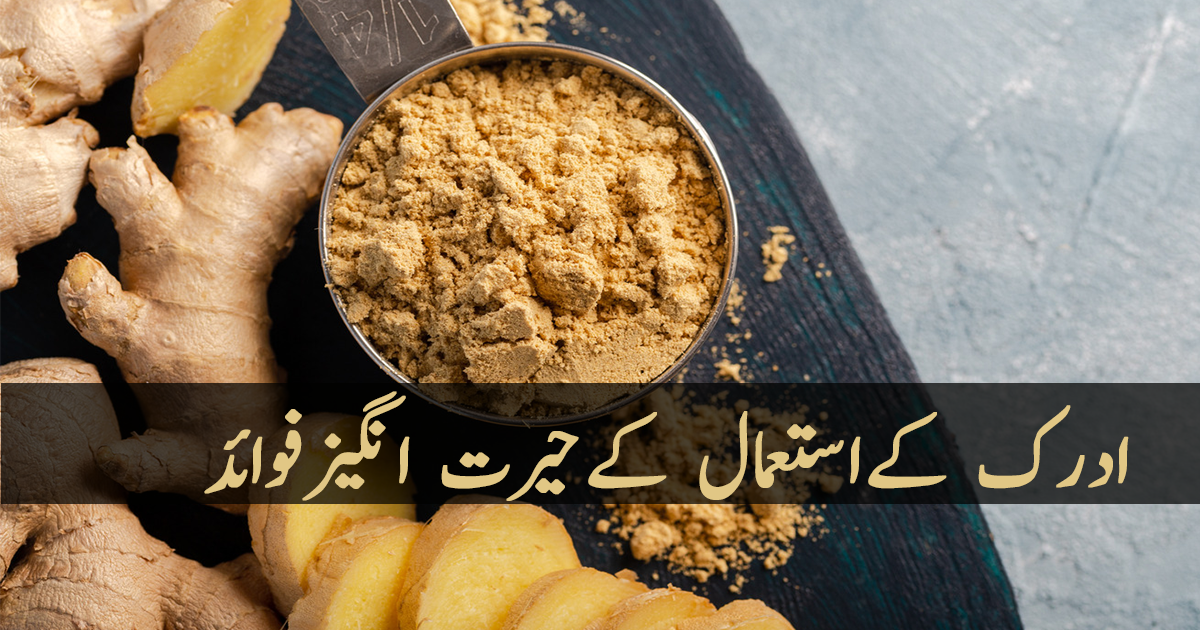Tulsi or Basil plant is one of the plants whose usefulness was made known to man with its origin. In Vedic and Greek medicine, the basil plant dates back to centuries BC and is called basil in English. It is also worshiped by people belonging to Hinduism and this is probably because this plant has numerous medicinal benefits for humans which sets it apart from other plants that grow on earth.
The seeds found in the market under the name of basil seeds are not the same and they do not have much fragrance, so the grocers declare any of them as basil according to their convenience.
Most of the foods consumed fresh are usually added at the end of cooking. Its leaves smell like cinnamon. Basil helps maintain hormone and mineral balance.
Basil Ingredients:
Tulsi contains high amounts of vitamin K, vitamin C, magnesium, copper, omega-3 fatty acids, iron, magnesium and fat.
Usage and Benefits of Tulsi or Basil:
Number 1: Depression
Beetroot is a major ingredient in many yeasts and is also added to syrups to quench thirst. The smell of basil is not only useful in relieving depression, tension, anxiety and depression by having a calming effect on the central nervous system, but is also an important means of protection against these diseases.

Number 2: Heart Disease
It is used in cardiac anxiety, acidity, stomach ache, loss of appetite, diarrhea and fever. Both its leaves and seeds are used as medicine.

Number 3: Fatigue
It removes fatigue. Its use is useful in headache, especially migraine. It improves memory by making you stronger. A tea spoon of Tham Rehan i.e. Tulsi mixed with a cup of water, mixed with a spoon of honey and drunk at night gives a deep and calm.

Number 4: Kidney Stones
Tulsi might have a potential to strengthen the kidney. The juice of Tulsi leaves, when taken with honey, might help in expelling kidney stones through urine.3 However, such claims need to be proved by further research. Kindly consult a doctor and do not rely on home remedies. Do not self-medicate.

Number 5: Cold and Cough
Its use in colds, coughs, colds and stuffy noses has amazing benefits. For this, add few drops of tulsi juice in a drink or chew its leaves and you will get instant relief. Tulsi and ginger mixed well, which is used like Shanda, relieves most of the diseases of the respiratory system. It is also beneficial in children’s diseases like fever, diarrhea and vomiting.

Number 6: Sugar
The wealth of antioxidants in basil protects the heart. Basil has been found to lower cholesterol. According to Chinese experts, basil leaves are also very useful in reducing high blood pressure.

Number 7- Stress Relief
Medical experts have said that eating basil for just six weeks reduces stress by 40% and results in a stronger immune system. It is a natural mood booster that can help with depression. It also works as a shield against memory problems.

Potential Uses of Tulsi:
- The leaves of tulsi might serve as a nerve tonic and might aid in sharpening memory.
- Tulsi leaves may also strengthen the stomach and might promote sweating.
- Tulsi leaves might be described as an anti-stress agent. Tulsi leaves might be consumed to prevent stress. You should consult a doctor for the amount to be used.






